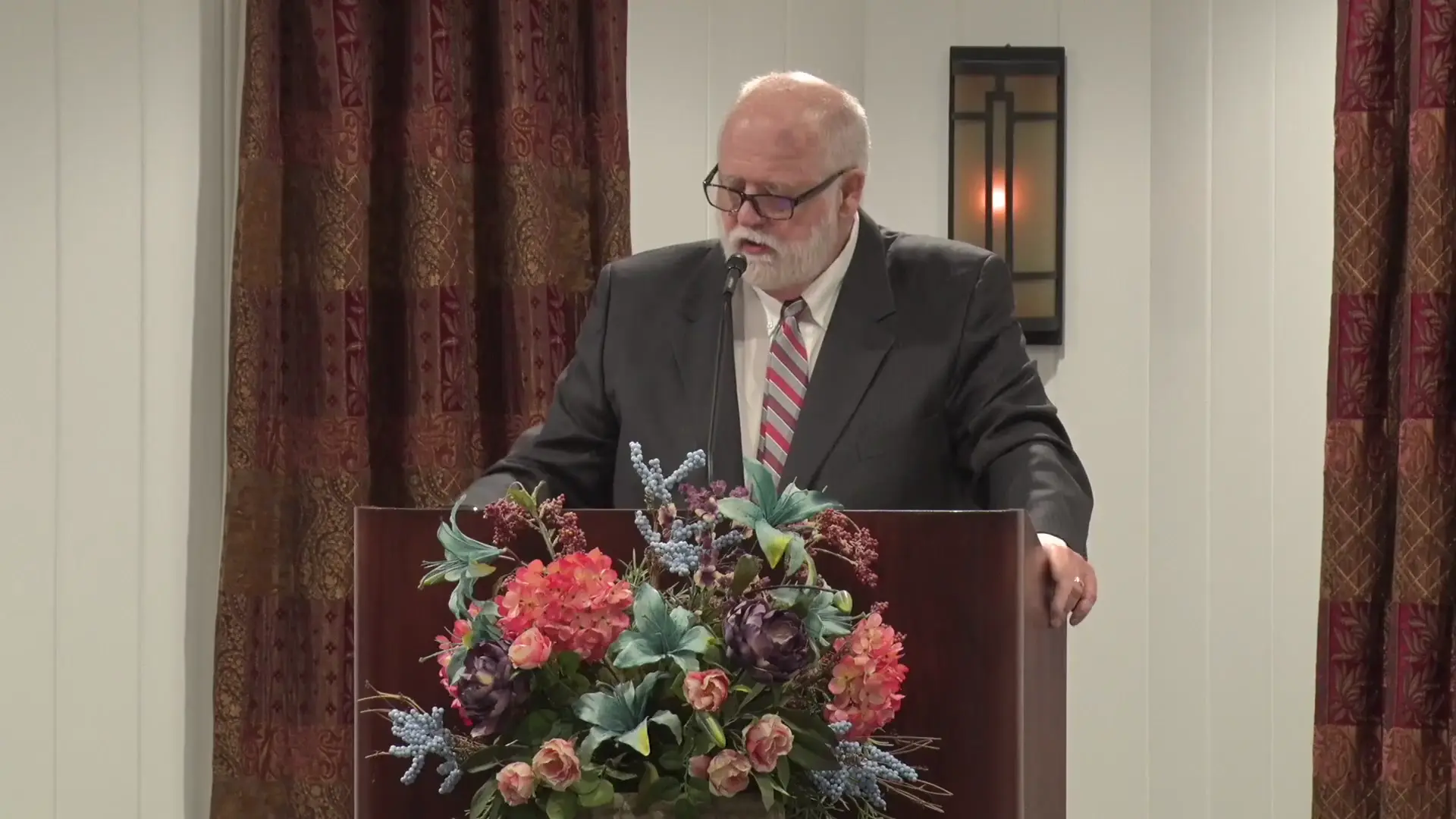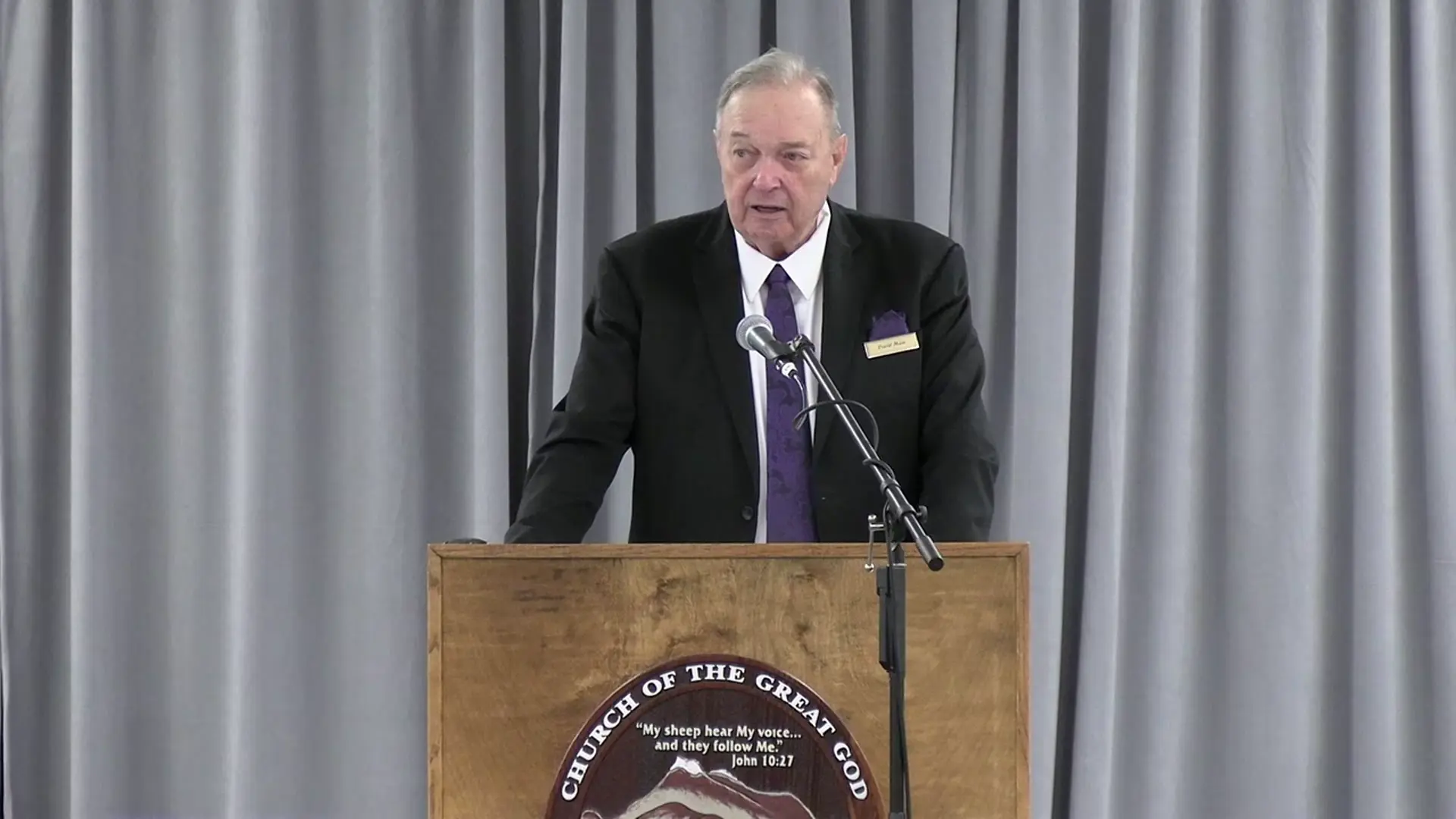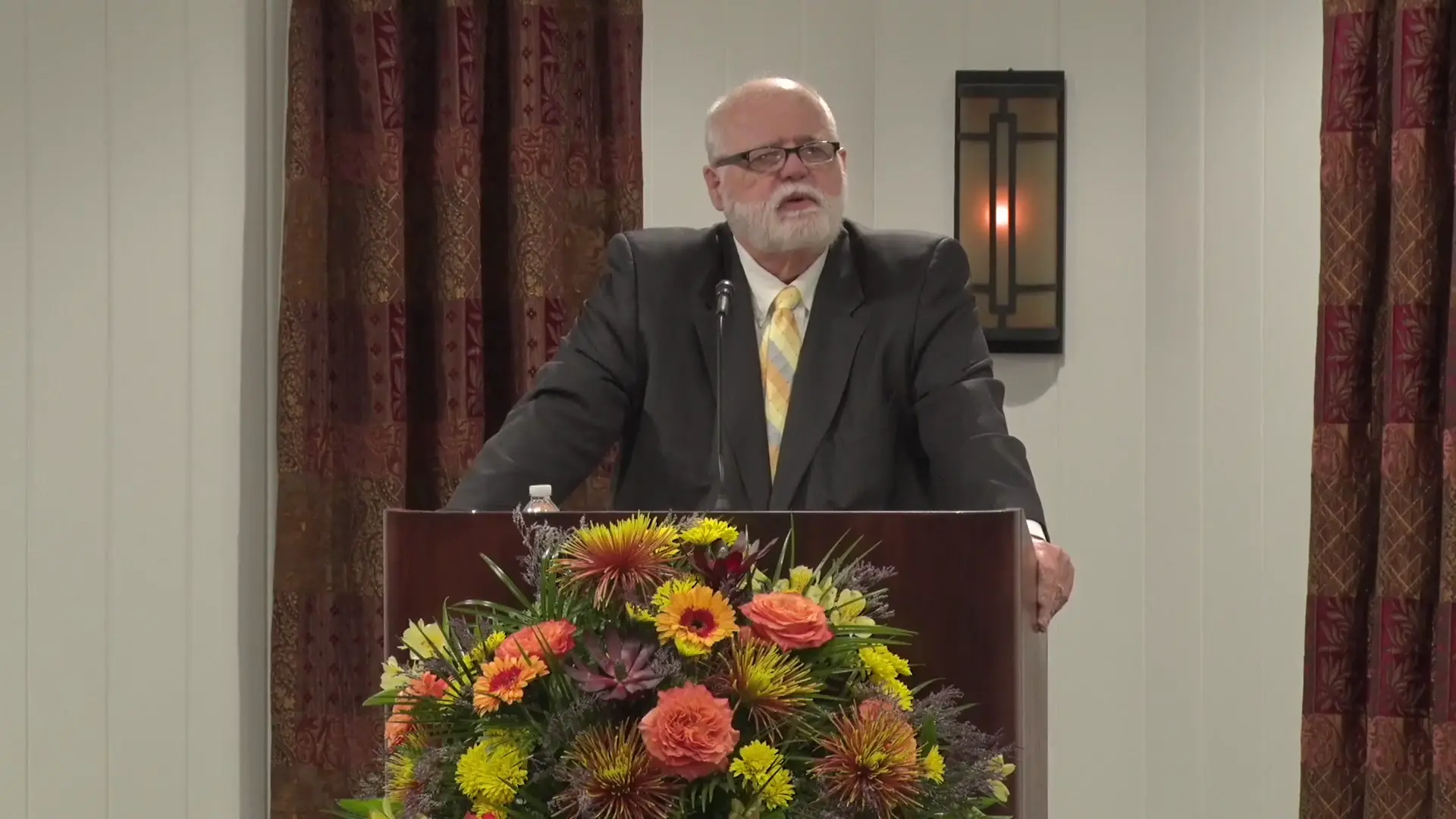Filter by Categories
Remember the Sabbath Day
CGG Weekly by Richard T. RitenbaughThe fourth commandment uniquely begins with "Remember the Sabbath day, to keep it holy," distinguishing it from the other commandments. God charges His people to remember the Sabbath, implying a blend of mental activity and external observance. If we remember the Sabbath with godly understanding, the appropriate response is to keep it holy with utmost reverence. The Hebrew word "zākar," meaning to remember, first appears in Genesis 8:1, where God remembers Noah and acts to ensure survival through the Flood, fulfilling His covenant. This covenantal aspect of remembrance recurs in various instances, reinforcing that remembering the Sabbath in Exodus 20:8 carries a covenantal light. As part of the Old Covenant, the Sabbath is a weekly observance and solemn duty, essential for receiving promised blessings. God emphasizes the Sabbath's covenantal importance in Exodus 31:12-17, declaring it a perpetual covenant and a sign between Him and His people, that they may know He is the Lord who sanctifies them. Keeping the Sabbath ensures ongoing sanctification, setting God's people apart and providing a holy convocation to grow in righteousness. Failing to meet with Him on His day risks losing godly understanding and slipping back into the world. As His chosen, observing the Sabbath remains a solemn responsibility under the New Covenant, vital to attaining the Kingdom of God, compelling us to keep it holy.
Did God Change the Sign From the Sabbath to the Holy Spirit?
Sermonette by David C. GrabbeA common idea is that the Sabbath is the sign of the Old Covenant, but the Holy Spirit is the sign of the New. Yet the seventh day has been holy since creation.
The Sabbath: Creation
Feast of Tabernacles Sermon by Richard T. RitenbaughThe Sabbath plays a vital role in God's continuing creation of His sons and daughters, as He did not cease His work after the initial creation week but continues to labor, especially on the Sabbath day. This day, as emphasized in Leviticus 23, is a holy convocation, a time of solemn rest, marked by the Hebrew term "shabbaton," which suggests a Sabbath of greater intensity and specialness, derived from "Shabbat," meaning to cease or stop. It is not merely a day for lounging but a day officially summoned for worshiping God together, for learning, and for fellowship with like-minded individuals to grow in understanding of Him. In Exodus 20, the Sabbath command is structured into three parts: to keep it holy, to cease from work, and to remember that God hallowed it at creation, setting an example for us to follow. Genesis 1:31 through chapter 2 shows that on the seventh day, God rested after completing His physical creation, blessing and sanctifying this day as different, separate, and devoted to Him. This distinction is crucial, as the Sabbath is not like the other six days; it is a day for reflection and contemplation, mirroring God's own satisfaction and sense of completion in His work, rather than resting due to fatigue. God's work on the Sabbath shifts from physical creation to spiritual endeavors, focusing on building faith in Christ, as defined in John 6:29. This spiritual work involves creating holiness in those He has called, moving from crafting the material world to shaping the character and spirit of His people. In Exodus 31:12-13, the Sabbath is a sign identifying God's covenant people, reminding us weekly that He is the One who sanctifies, making us holy and separate, as He continues His creative process in us. The Sabbath, therefore, is the primary day for coming to know God, facilitating growth in holiness and a grasp on eternal life, as linked in John 17:3 with the concept of knowing the Father and the Son. It is a day carved out for focused attention on God's work in us, distinct from the distractions of everyday life. Isaiah 58 promises that treating the Sabbath with respect and honor, restraining from personal pursuits, results in joy and elevation above worldly cares, marking it as a major key to spiritual growth and preparation for God's Kingdom.

Polluted Sabbath?
Sermon by Bill OnisickPolluting and profaning God's Sabbath means to allow the distractions of the world to prevent us from calling the holy Sabbath a delight.
The Commandments (Part Five)
Sermon/Bible Study by John W. RitenbaughThe Sabbath is a period of time God purposefully sanctified and set apart for the benefit of mankind, a time dedicated to God's spiritual creation.
The Fourth Commandment: Idolatry
Sermon by John W. RitenbaughGod, not man, created, sanctified and memorialized the seventh day Sabbath from the time of creation, intending that man use this holy time to worship God.
The Signs of God (Part Two)
CGG Weekly by David C. GrabbeCorrect actions become a sign—a witness—even without any preaching, which is why God's words are symbolically bound to the hand rather than the tongue.

Holy Ground
Sermon by Ted E. BowlingThe principle of sanctification applies to time as well as place, as God sanctified the seventh day Sabbath as a covenant sign between Him and His people.

Simplifying Life (Part Five)
Feast of Tabernacles Sermon by David F. MaasThe seventh-day Sabbath is God's design for rest, sanctification, and restoration, both today and for the entire creation in the Kingdom of God.
The Fourth Commandment (Part One) (1997)
'Personal' from John W. RitenbaughMost people think the fourth commandment is least important, but it may be one of the most important! It is a major facet of our relationship with God.
The Fourth Commandment
'Personal' from John W. RitenbaughAt creation, God sanctified only one day, the seventh, as a day of rest. At Sinai, He again sanctified it as a holy day, tying it to creation and freedom.
The Commandments (Part Nine)
Sermon/Bible Study by John W. RitenbaughBenign neglect of the Sabbath covenant can incrementally lead us into idolatry. We must treat this holy time as different from the other days of the week.
The Commandments (Part Six)
Sermon/Bible Study by John W. RitenbaughGod gave the Sabbath to His people so they can know Him intimately. Idolatry, scattering, and captivity are the natural consequences of Sabbath-breaking.

Be Holy, as I am Holy
Sermon by Ted E. BowlingHoliness consists of not merely moral behavior, but a complete spiritual transformation, as exemplified by keeping His seventh day Sabbath.
New Covenant Priesthood (Part Two)
Sermon by John W. RitenbaughThe Sabbath is not a mere ceremonial observance, but identifies God's people as different, and consequently a perpetual irritant to the world.
The Importance of Doctrine
Sermon by John W. RitenbaughPeople who try to supplement their spiritual diet with lawlessness or other heresies risk losing their identity, and ultimately their spiritual life.